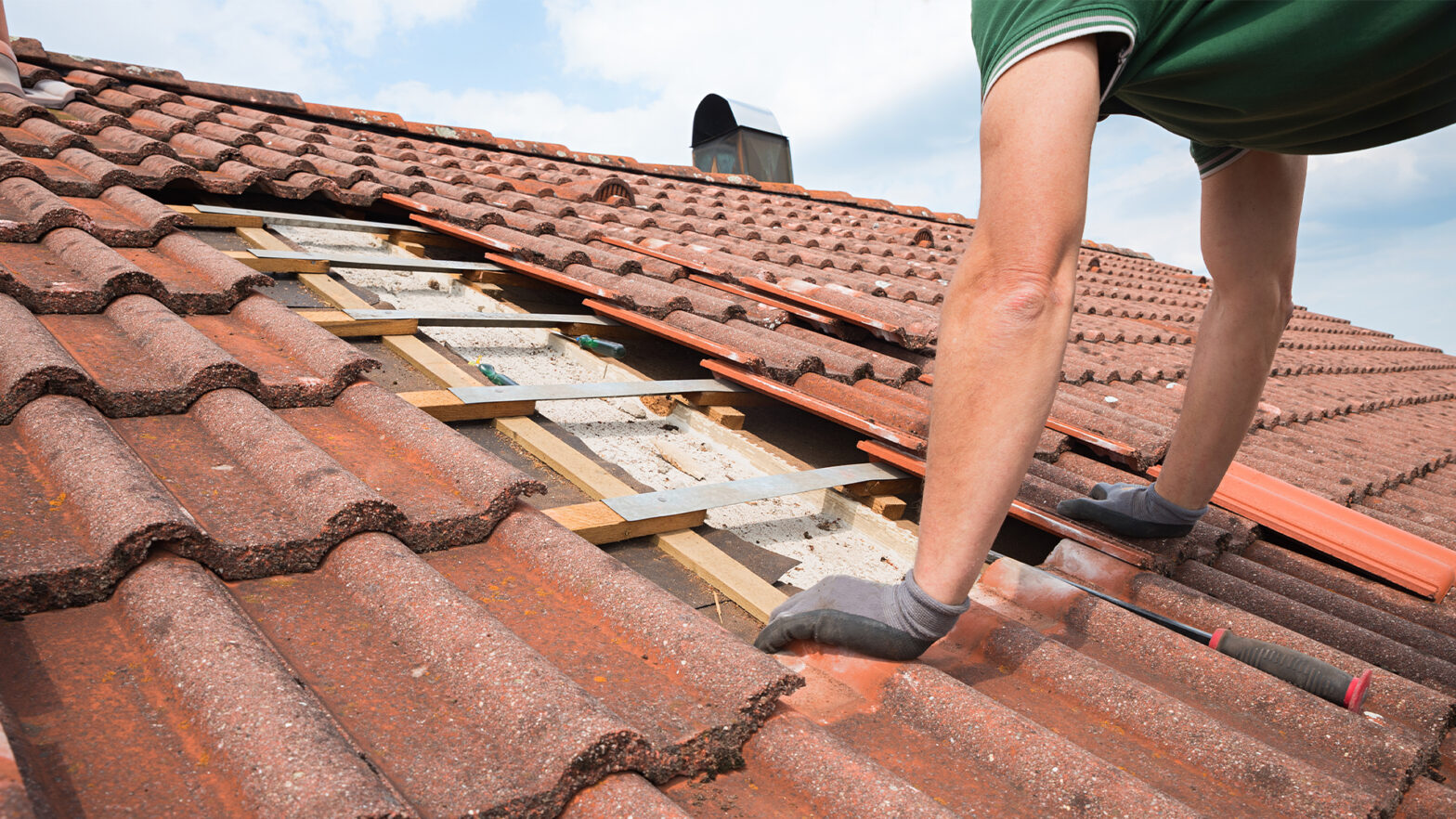Acquiring an air compressor is a tough choice. There are two main options: the commitment to purchase and the flexibility of rental. This decision weaves through various facets of your operational landscape, colored by how often you’ll use the compressor, your financial canvas, and your ability to tend to its upkeep. Picture owning an air compressor as planting a tree in your backyard, offering long-term shade and fruits, while renting is like enjoying the shade of a tree in a public park – temporary yet fitting for the moment.
Advantages of Buying an Air Compressor
Buying an air compressor is a smart investment if you use it often. It’s more cost-effective than renting in the long run. Plus, owning your compressor means you’ll always have it on hand when needed, and you can choose the perfect model for your specific requirements.However, it’s important to consider the ongoing responsibilities of air compressor servicing to ensure the equipment remains in optimal condition and to avoid costly repairs down the line.
Advantages of Renting an Air Compressor
Renting an air compressor presents a viable option for those with infrequent, varied, or short-term compressor needs. It is particularly cost-effective for one-time projects or occasional use, where the expense of purchasing may not be justified. Renting also alleviates the burden of long-term maintenance and storage, which can be significant considering the requirements of air dryer rental and regular upkeep. Furthermore, it offers the flexibility to select different types of compressors as per the specific requirements of each project, allowing users to choose the most suitable model for the task at hand without the commitment of a purchase. Renting can be a practical solution for those who need to conserve capital or who prefer not to manage the maintenance and storage of a compressor.
Evaluating Your Usage Needs
Determining whether to buy or rent an air compressor largely depends on evaluating your usage needs. This assessment involves considering how frequently you’ll use the compressor and the nature of your projects. For businesses or individuals who require an air compressor for daily operations or regular long-term projects, purchasing might be the more economical choice. In contrast, if your usage is sporadic or you need a compressor for a one-off job, renting could be more practical and cost-effective.
Cost Analysis: Buying vs. Renting
When purchasing, consider the upfront cost, potential financing options, depreciation, and the long-term expenses of servicing and repairs. In contrast, renting involves a fixed cost per use, which can be easier to budget for, especially for short-term projects. However, repeated rental fees over time can accumulate and potentially exceed the cost of buying a compressor outright. This financial breakdown is crucial in understanding which option aligns best with your budget and long-term financial planning.
Maintenance and Upkeep Considerations
Owning an air compressor comes with the responsibility of regular maintenance and upkeep to ensure its longevity and efficient operation. This includes routine ‘air compressor servicing’ such as checking oil levels, replacing filters, and ensuring proper functionality. Failure to maintain the compressor can lead to breakdowns and costly repairs. On the other hand, when renting, the rental company typically handles the maintenance, reducing the burden on the user. However, users must still operate the equipment responsibly to avoid damage charges. Weighing the maintenance responsibilities against your capacity to manage them is vital to the decision-making process.
Making the Final Decision: Factors to Consider
First, assess your budget and financial flexibility. Second, consider your usage frequency: frequent use may justify the cost of buying, while infrequent use may lean towards renting. Third, think about maintenance capabilities. If you have the resources and skills to manage maintenance tasks, owning might be feasible. Otherwise, be sure to know how to find air compressor repair near me. Lastly, evaluate the storage space and logistics required for a compressor.


































